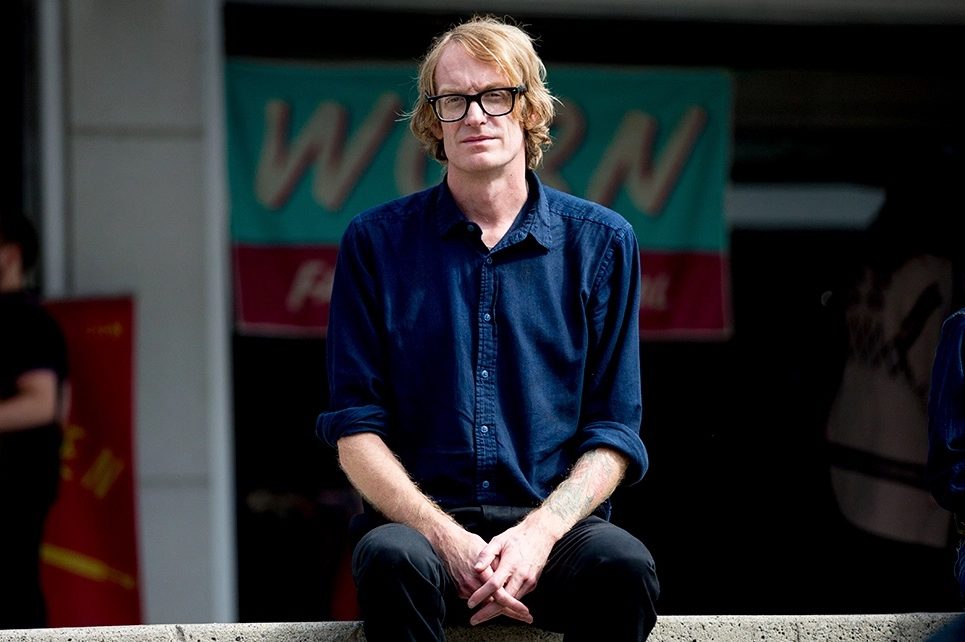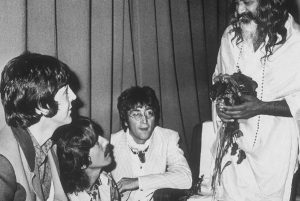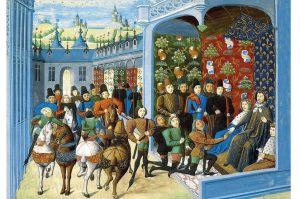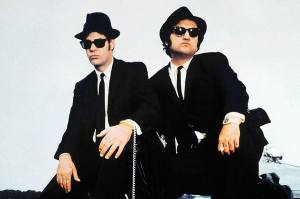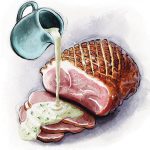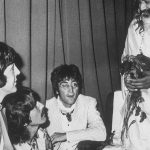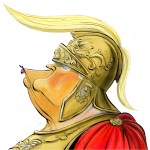It’s a mark of how difficult Patrick deWitt is to pigeonhole that I’m tempted to reach for reductive mash-ups to sell you his winning fifth novel. The lovechild of Elizabeth Strout and Wes Anderson? Katherine Heiny meets the Coen Brothers? It’s not quite any of that.
On the surface, The Librarianist is his most conventional narrative yet (the Man Booker shortlisted The Sisters Brothers was an absurdist western; his other novels are similarly left field). A chance encounter leads the friendless, but “not unhappy per se,” retired librarian Bob Comet to volunteer at the Gambell-Reed Senior Center, where he forges new bonds and reflects on his past.
But it’s odder and funnier than that suggests. For a start, the narrative arc is all over the place. Bookended by the present, the middle section explores Bob’s emerging literary vocation, interwoven with a genuinely gut-punching tale of romantic betrayal. So far, so conventional; but the end is startlingly abrupt, and more than 100 pages are devoted to the four days Bob spent as a child runaway in the company of two middle-aged lesbian traveling players and their performing dogs. Why, you wonder (though the interlude looms large in Bob’s memory too), while enjoying every perplexing second.
Then there’s the particularity of deWitt’s language, and his delight in incongruity. A convenience store clerk points “a two-foot beef jerky rod like a cutlass.” The father of Bob’s wife Connie is against “sunglasses, calendars, watches. Escalators, elevators. Police, government, doctors, medicine,” and for “gender segregation. Sterilization of criminals. Public transportation. The death penalty. Disease. Gardening.” It can verge on the mannered — Ida and June, the traveling players, occasionally feel too delighted by their eccentricity. I’m not wholly sold, either, on “succumb to the familiar tradition” as a euphemism for sex (though it’s not prudishness; in the same sequence there’s a delicious description of a man with “a tiny little ruby-red ass like a ten-year-old boy who’d just been spanked”). But it is vividly deWitt’s own.
It sounds like a criticism to say that The Librarianist feels long, but what I mean is, it feels full. The author crams a lot of life into his pages. It’s a book of fully realized minor characters: a truculent but incorrigibly romantic chambermaid, an agoraphobic insurance salesman, and Bob’s acerbic anti-mentor, Sandy Anderson, who tries to discourage him from becoming a librarian: “You’re supposed to be out there getting girls you don’t love pregnant… You should be in a gang, Bob. You should be getting into knife fights.” The Center’s residents feel familiar, particularly Jill, “a sincerely negative human being with unwaveringly bad luck and an attitude of ceaseless headlong indignation,” and the irrepressible Linus, bargaining for extra snacks and inveigling Bob into buying him scratch cards.
Even more, you feel you know and care for Bob — his love of a deserted early morning library, the flashes of humor that seem to surprise even him, or his ill-advised decision to read the Center’s residents an Edgar Allan Poe story in which “on page three the cat had its eye cut out with a penknife.” We want him to be better than “not unhappy,” and perhaps, at the end, he might be. Which might be the most conventional thing about this lovely curio of a novel.
This article was originally published in The Spectator’s UK magazine. Subscribe to the World edition here.
